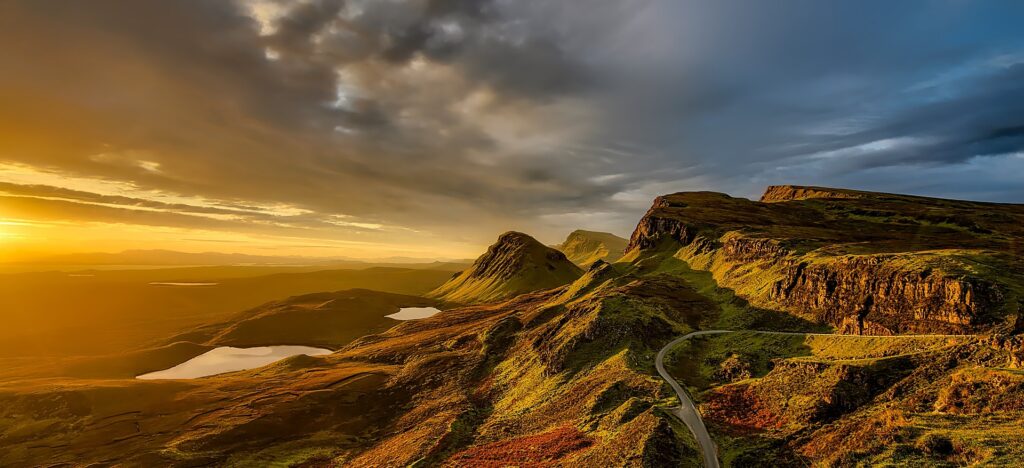Whisky is one of the most beloved alcoholic beverages in the world. This golden liquid has been enjoyed by people for centuries and has become a symbol of luxury and sophistication. However, the production of whisky is not immune to the impact of climate change.
Climate change is having a significant impact on the production of whisky, from the quality of the grain to the aging process. In this article, we will explore the impact of climate on whisky.
Impact of Climate Change
The first and most significant impact of climate change on whisky is the quality of the grain used to make it. The production of whisky begins with the growing of barley, which is then malted and distilled to produce the final product.
Barley is a crop that is particularly sensitive to weather conditions, and changes in temperature and rainfall can have a significant impact on its quality. Droughts, floods, and extreme weather events can all lead to lower yields and poorer quality barley, which in turn affects the quality of the final whisky.
The Aging Process
In addition to the quality of the barley, climate change is also affecting the aging process of whisky. The aging of whisky is a delicate process that requires a combination of temperature, humidity, and time.
The barrels used to age whisky are typically made from oak, which is a porous wood that allows for the exchange of air and moisture. Changes in temperature and humidity can alter the rate at which the whisky ages, which can affect its flavor and quality.
Climate change is also having an impact on the availability of water, which is an essential ingredient in the production of whisky. Water is used in every stage of the production process, from the growing of the barley to the dilution of the final product.
Changes in precipitation patterns and melting of glaciers can affect the availability of water, which can lead to shortages and increased costs.
The Identity of Whisky
Finally, climate change is also affecting the reputation and identity of whisky. Whisky is closely associated with certain regions, such as Scotland and Ireland, and the unique flavor and character of the product are closely tied to the local climate and geography.
As the climate changes, the traditional flavor and character of whisky may be altered, which could have a significant impact on the reputation and identity of the product.
Final Thoughts
Climate change is having a significant impact on the production of whisky. From the quality of the barley to the aging process, changes in temperature, rainfall, and humidity are affecting every aspect of the production process.
As consumers become more aware of the impact of climate change, it is likely that there will be increased pressure on the whisky industry to adopt more sustainable and environmentally friendly practices.
The future of whisky depends on our ability to adapt to these changing conditions and to preserve the unique flavor and character of this beloved beverage.
